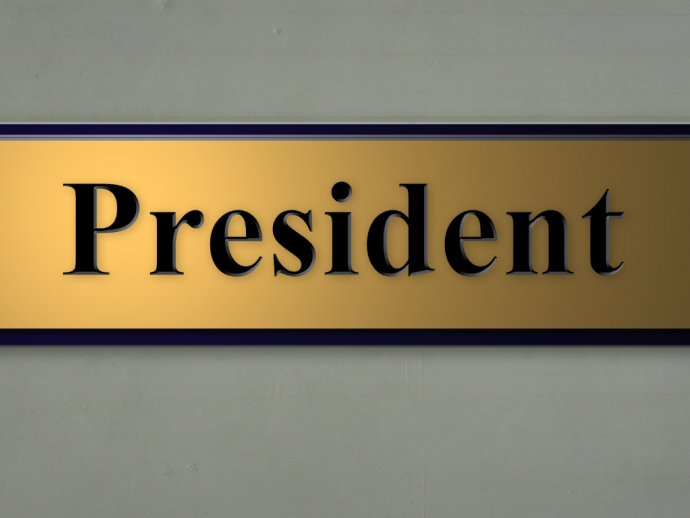Powers and Duties of the President of the Philippines

Have you ever wondered what it’s like to be the President of the Philippines? What exactly are the functions, duties, and powers held by the highest public office in the land?
According to the 1987 Constitution, the President serves as the Head of State, Head of Government, and Commander-in-Chief of the Armed Forces of the Philippines. He or she has authority over all the executive departments, bureaus, and offices of the government.
Notably, the President is elected by the people for a 6-year term. He or she can serve for one term only, and is not eligible for re-election. In this article, we will discuss the specific powers and duties of the President, which is a very important position, indeed.
7 Powers of the President of the Philippines
The Administrative Code of 1987 describes the specific powers of the President of the Philippines. Let us take a look at each “power” and what it means, exactly:
- Power of Control Over the Executive Branch
As cited earlier, the President has authority over all the executive departments, bureaus, and offices of the government. No more, and no less.
- Ordinance Power
The President has the power to issue orders and circulars that are meant to streamline programs and policies. These include administrative orders, executive orders, memorandum orders, memorandum circulars, proclamations, and general or special orders.
- Power Over Aliens
The President exercises certain powers over aliens (i.e. foreigners or non-Filipinos) in the Philippines. For instance, he or she can change a foreigner’s status from a non-immigrant to a permanent resident, even without going through the usual visa process. Similarly, the President may have a foreigner deported from the Philippines, or overrule the decision of the Board of Commissioners, which has jurisdiction over deportation cases.
- Powers of Eminent Domain, Land Reservation, Escheat, and Recovery of Ill-Gotten Wealth
The President has the power of eminent domain, which means that the State may seize private property for public purposes, provided that it gives just compensation. Likewise, the State has the power to reserve lands of the public domain for public use.
Moreover, the President also has the power to direct escheat or reversion of proceedings, with regard to land transfers. Finally, the President has the power to recover ill-gotten wealth, including that which has been amassed by the previous administration.
- Power of Appointment
The President has the power to appoint government officials. However, some of these appointments may need to be approved by the Committee on Appointments, which consists of members from the Senate and the House of Representatives.
- Power of General Supervision Over Local Governments
Local governments, such as cities and municipalities, generally hold autonomy over their respective areas. Nevertheless, based on the Local Government Code of 1991, the President still has the authority to supervise local government offices.
- Other Powers
Aside from all of the powers mentioned above, the President of the Philippines may exercise other powers, provided that these are stated in the Constitution, or given to him or her by law.
The Bottom Line
The President holds several powers that encompass… well, basically everything that has to do with running a country. As Filipino citizens and voters, we should be aware of these powers so that we can choose our future Head of State carefully and wisely.
For more information about the powers and duties of the President, please visit the the official journal of the Republic of the Philippines, the Official Gazette, whose website is at https://www.officialgazette.gov.ph/.


